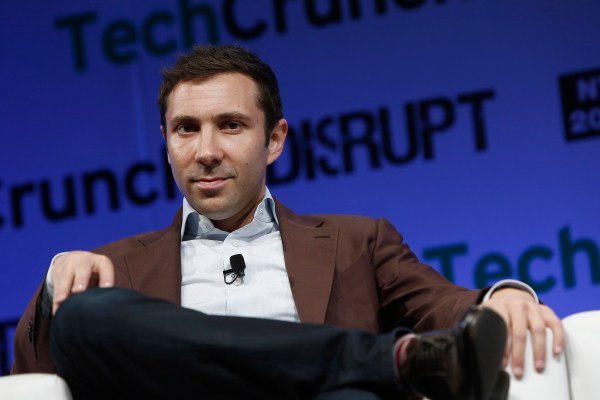During a panel discussion at Disrupt called “Urban Transportation,” the CEO and co-founder of Hailo, Jay Bregman, announced that the on-demand taxi service has gotten the go-ahead to operate in the New York City area within the next couple of hours.
The London-based company has raised $50.6M to date, covering cities all over the world such as London, Dublin, Boston, Chicago and Toronto. When the company raised its last round, it announced plans to move to Tokyo, Barcelona, Madrid and of course New York City. City regulations have kept numerous operators out of competing with the legacy NYC taxi market, but those walls are crumbling down thanks to leaders in the space like the recently approved Uber.
Hailo’s service will be available sometime today, and will be the second company participating in the NYC E-Hail pilot program. Uber pushed its own service just last night.
While this is an exciting development, the panelists on stage feel like it’s taken too long disrupt the New York market, since there haven’t been issues with other cities like Boston. Bregman feels like Hailo’s approach to the taxi industry, which is to take care of the drivers he says, is the way to make the whole industry a better place.
In April, Bregman told our own Ryan Lawler that his company had thousands of drivers trained and ready to go and just needed the TLC green light, and in a matter of hours they’ll be unleashed on the streets of New York City.
During the panel, Sidecar’s Sunil Paul had strong words for the TLC, which he feels protects the taxi industry and hurts the ability to push the envelope: “This is the spirit of entrepreneurship and disruption. Sidecar is totally voluntary, both payments and driver’s shifts.” His company was recently hit with a sting that he said caused some of his drivers to feel like criminals.
On the other hand, Deputy Commissioner of Policy and Programs from the New York Taxi and Limousine Commission, Ashwini Chhabra, says that the rules and framework that it has come up with for E-Hail works for the New York market, and it’s right for the time and for the place. Chhabra also made it clear that companies might have to do a better job of tweaking their models for the cities in which they operate, as something that’s OK in San Francisco might not OK for New York City.
Bregman agreed, saying “You can be disruptive without being abrasive.”
